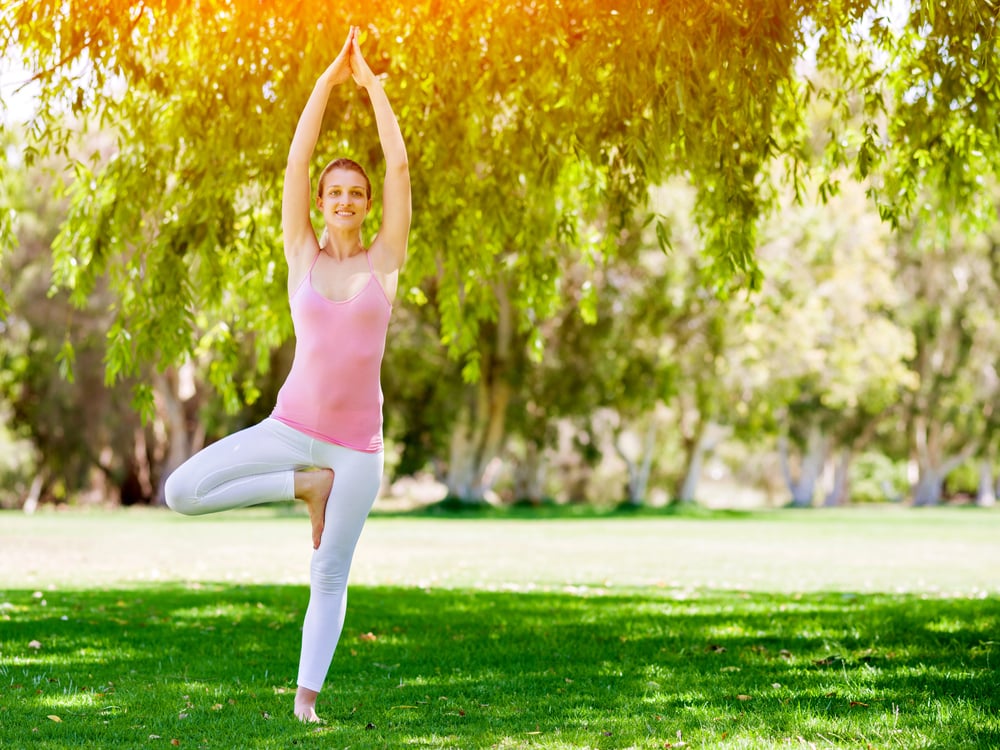The practice of yoga can be a lifelong support for people in addiction recovery. Yoga can teach a person how to prevent relapse and remain sober. A daily yoga practice takes time to integrate into one’s day-to-day life. Learn how to get started for both short and long term benefits.
How Yoga Helps
People who struggle under the weight of addiction may not realize the benefits of yoga. When western treatments faily to work and even Alcoholics Anonymous or other similar programs seem challenging, yoga can provide a welcome sanctuary for the mind, body and soul. The body may be healed from addiction but the mind can still need support. Seeking a purpose for one’s life can be challenging in the midst of struggling through how addiction ravaged a person’s life. People with addiction are out of control inside and out. The ancient practice of yoga, which originated in India, helps create a peaceful union of mind and spirit. Mental and physical stamina can increase as well as provide better support for the daily stresses of life.

What to Practice
The practice of ‘yoga’ is actually an eight-fold approach to life. Much like tree branches, each aspect of yoga is called a ‘limb.’ in yoga, the third ‘limb’ is called yoga asana or postures. The practice of postures is preceded by right living, ethics and dedication to a spiritual path. Many asana practices are currently accessible with over one hundred available in the West. Depending on a person’s needs, desires and preferences, yoga can shift over time through dynamic, power yoga to flowing, subtle yoga including yin and other meditative styles of yoga.
Let’s Begin
Getting started in a yoga practice, it can help to be under the supervision of a yoga teacher. It is important to practice proper alignment of the spine, joints, knees and shoulders for good health and wellbeing. A bad stretch can lead to injury so it is best to take it easy and have someone support in the beginning. Some poses that are helpful to get started include:
- Bound angle pose
- Cobra pose
- Mountain pose
- Seated forward bend
- Staff pose
- Standing bend
- Tree pose
A good yoga teacher will offer support for proper breathing and mindfulness practice to support holding a posture and breathing through what is difficult to find peace and rest in a pose. A certified yoga teacher can provide help through many different studios and classes. It helps to call around to find the best studio and place to practice which suits personal preferences.
Yoga is one practice that can help individuals with addiction. Cypress Lakes believes in holistic treatment along with other therapeutic support to battle addiction. Call us today for more information, at 1-866-217-2636.

